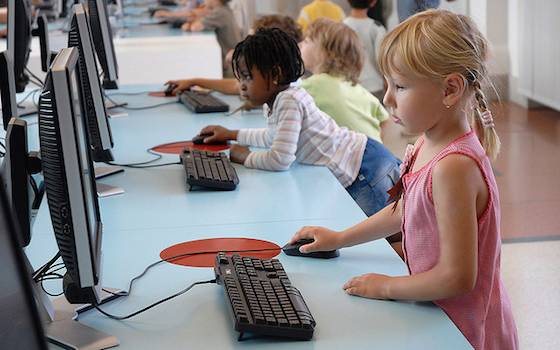

And as we’re increasing the risk of identity theft, we’re unwittingly conditioning our children to be comfortable with forgoing their right to privacy.

Sharing photos leaves a breadcrumb trail of personal information. A 2018 Barclays bank report warned of a coming wave of identity fraud due to parents sharing photos of their children too freely. The big issue is the exposure of data that you don’t want to have out there.”Ĭonsumer privacy advocate Chris Hauk worries that parents are unaware of how sharing our children’s images today increases the danger of identity theft tomorrow. The quiz, through a hole in the API - or Application Programming Interface - exposed their personal data.

A good example in the Cambridge Analytical scandal,” Leonard says. You don’t need to travel far to understand the discomfort. Americans bristle at big tech’s data collection while six in 10 Americans believe it’s impossible to go through our daily lives without being tracked. That data is used to target advertisements and shared personal data with advertisers, publishers, developers, and law enforcement and other government agencies. Tech giants like Google and Facebook collect vast pools of personal information from photos, social media and other internet activity. Social media companies are sure to use the photos to learn more about you, your family, and your friends. Instagram has more than a billion users and Facebook has almost three times as many. The odds of your images being repurposed are low, but that’s not the only cause of concern. The image can be reused in their advertising or marketing material without making payments or asking for permission. Say you post your intimate image of making Sunday morning pancakes with your preschooler to Facebook or Instagram. Which can be a really scary thought when you have no idea what it can be used for and by whom.” “Their terms and conditions often state that from the moment the image is uploaded they own the rights to use them without any consent. “They can sell it to advertisers and make profit themselves without needing anything from you,” Sherman says. While you retain the copyright to the picture, the social media service whose servers host the image owns the license. “Technically speaking, every time you upload a photograph on a social media networking site, they own the rights to use such images in any way they see fit,” adds Shayne Sherman, CEO of Techloris, a tech support site. When you post a picture on social media, that image stops belonging exclusively to you. And for right or wrong, COVID has increased the velocity at which children use technology.” Why Parents Need to Think Twice Before Posting “Facial recognition allows others to recognize our children. “Big tech has a ton of info about us and who’s in our photos,” Leonard says. Ted Leonard, CEO of the image hosting service Photobucket says big tech companies can use data gleaned from those photos to manipulate children through the increasingly sophisticated facial recognition technologies utilized by companies like the facial recognition firm Clearview AI, which has created a database of billions of public photos. Experts say that indiscriminately sharing photos of children can set them up for risks ranging from embarrassment to identity theft. Through technology and details in photos parents often overlook, uploaded photos make children easy to discover. Sharing pictures of kids exposes them to the world - including parts of the world parents may want to protect them from. But while sharing photos of kids is easy and commonplace, there’s a lot going on under the surface. The photo of your kid’s first day at school will almost certainly get lost in the shuffle. About 350 million photos are uploaded to Facebook alone every single day. And most of the time, that isn’t a problem. We’ve accepted sharing photos of our kids as an everyday occurrence. But the dangers of social media still apply. Kids’ photos are so common on social media that they barely register. College buddies, co-workers, former neighbors, and distant relatives dump dozens of images of their kids on Instagram almost on a daily basis.

Today’s parents know a lot of kids they’ve never met.


 0 kommentar(er)
0 kommentar(er)
